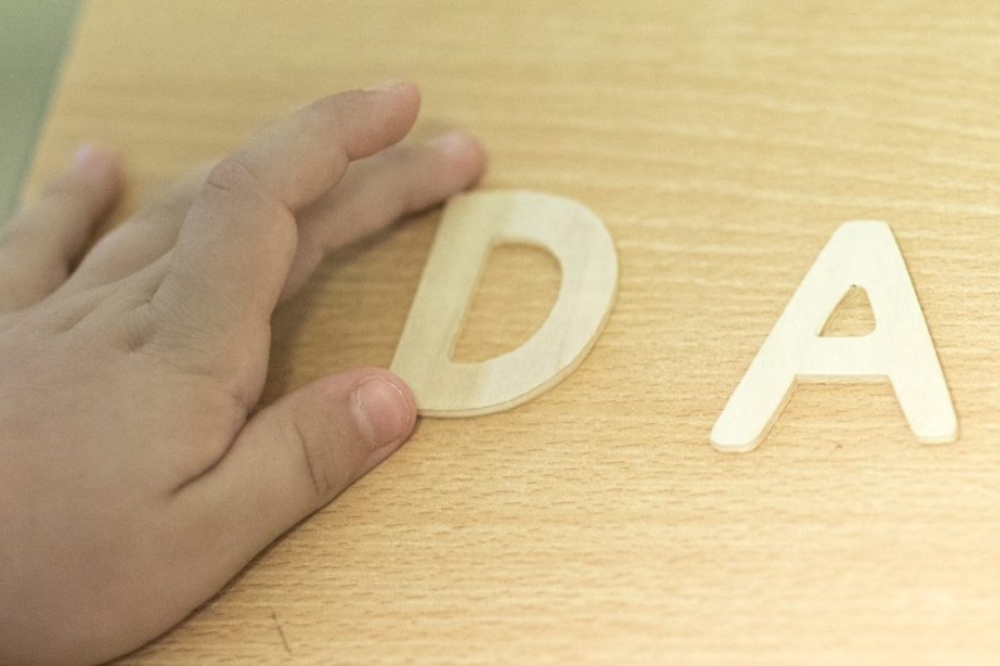For children, dyslexia is typically identified during their early years of schooling and unfortunately, it comes in all shapes and sizes and looks different for each person. We’ve compiled a helpful list of signs to look out for that may indicate your child could be struggling with dyslexia. If your child is presenting with difficulties in multiple areas below, it may be worthwhile discussing your concerns with their school teacher or General Practitioner.
- Struggling with phonological awareness
Phonological awareness skills assist in literacy development. Phonological awareness is the ability to recognise that words are made up of sounds and that by manipulating sounds you can create new words and meanings.
Impaired phonological awareness skills can include difficulties in:
- Identifying the sounds within a word
- Deleting or adding sounds within a word
- Segmenting words into syllables
- Blending sounds
- Identifying and creating rhyming words
- Difficulty with reading and spelling
While some children take longer to grasp their reading and spelling, you may notice that your child is significantly behind their peers and that is when you should take notice of the below. Children who have difficulty with reading and spelling may present with:
- Difficulties in word recognition (reading single words)
- Difficulty decoding (determining what a word says by using letter to sound rules, syllables and spelling rules)
- Errors when reading aloud
- Poor reading comprehension (understanding the meaning of what they have read)
- Reduced rate of reading (slow to read)
- Difficulty spelling
- Issues with speech and language
Children with speech and language difficulties are at a higher risk of experiencing difficulties with literacy. Speech difficulties relate to how a child pronounces sounds in words. Oral language skills include both receptive language (understanding what is said) and expressive language (using words and sentences). Children with speech and language difficulty may present with:
- Delayed talking
- Speech sound difficulties
- Poor vocabulary
- Difficulty following directions
- Grammatical errors
- Difficulty understanding concepts
- Your child has co-existing conditions
People with dyslexia often present with co-existing conditions, although this is not always the case. Such difficulties and conditions may include:
- Attention (easily distracted, difficulty attending) e.g. Attention deficit disorder/Attention deficit hyperactivity disorder (ADD/ADHD)
- Motor skills (difficulty coordinating body movements) e.g. Dyspraxia
- Dysgraphia (difficulty with handwriting)
- Dyscalculia (difficulty with numbers)
- Auditory processing (difficulty processing what they hear)
- Visual processing (difficulty processing what they see)
- Your child has poor self-esteem
A child with dyslexia may present with poor self-esteem. They can be reluctant to go to school at times or to complete their homework. Often they are presented with reading and writing tasks that are difficult for them or at least perceived to be, causing decreased motivation due to a possible fear of failure.
Consulting with your child’s educator or General Practitioner is recommended should your child present with difficulties in any of the above areas. They may then direct you to an Allied Health Professional such as a Speech Pathologist or Psychologist for assessment and possible treatment.

